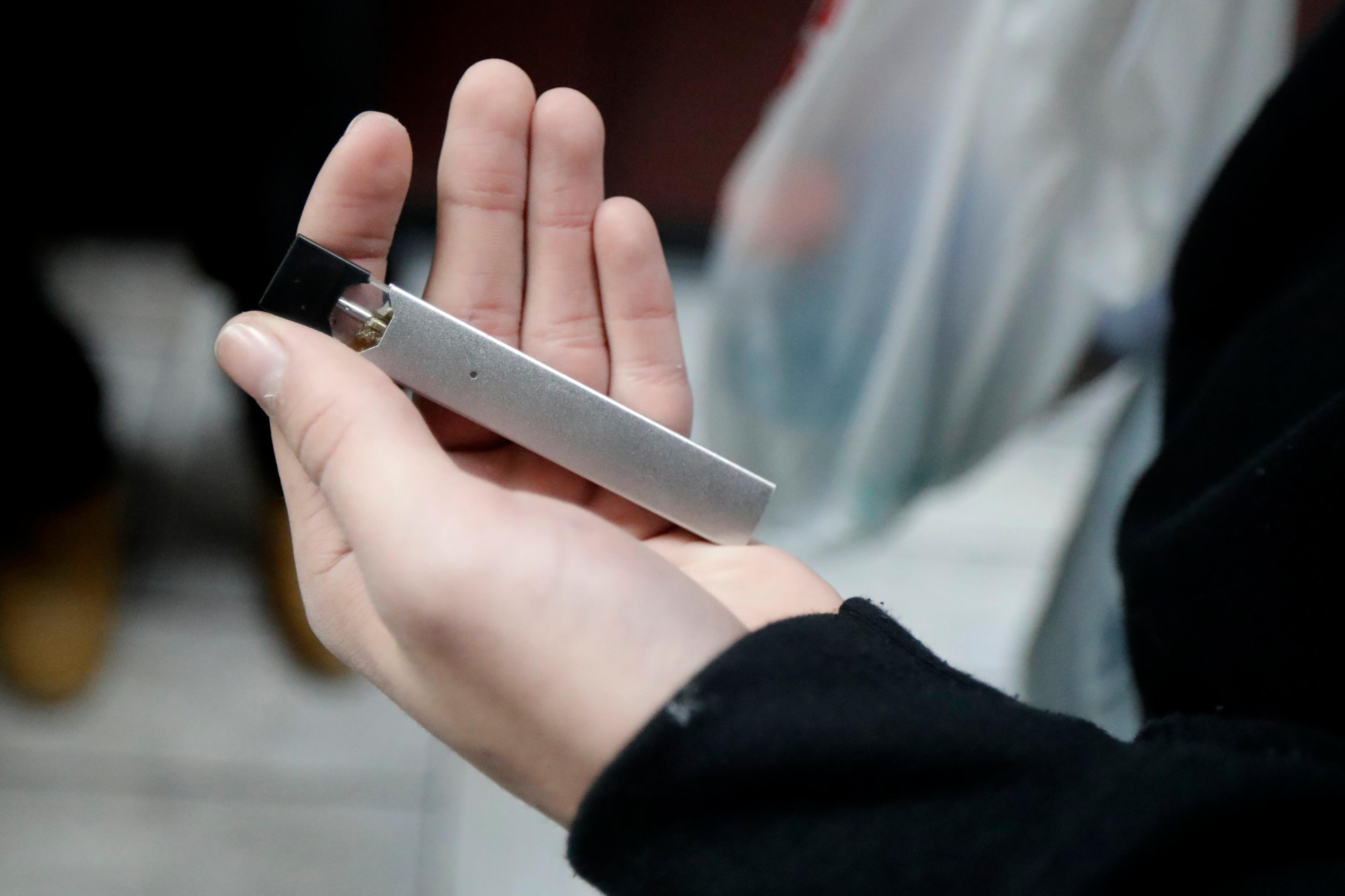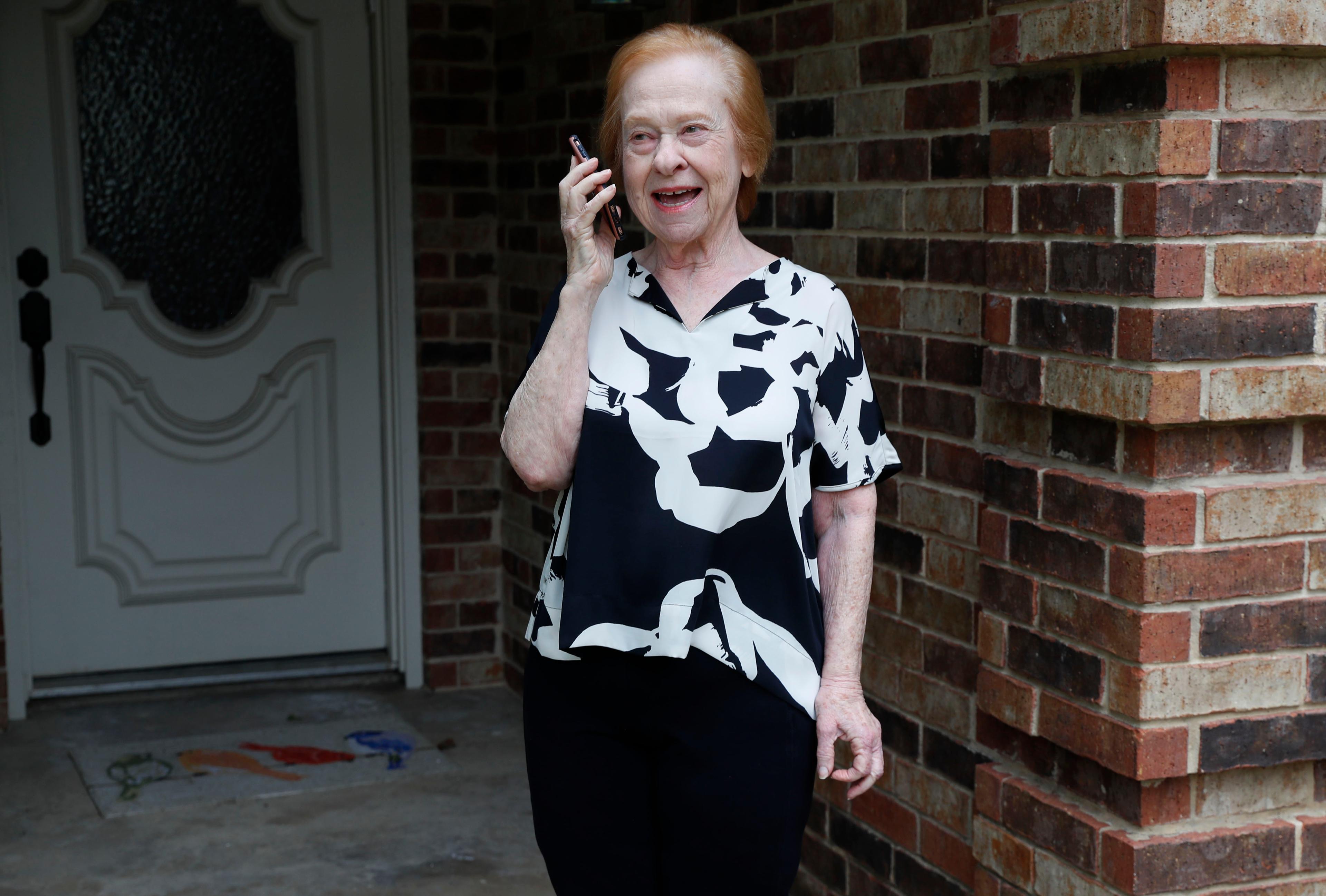
Boulder County is suing JUUL Labs, the biggest seller of electronic cigarettes. It’s believed to be the first local government in Colorado to take that step.
The county has some of the highest teen vaping rates in both the state and the nation. The three-member board of county commissioners voted unanimously Tuesday to join a multi-district litigation against JUUL.
Boulder County commissioners were unavailable for an interview Wednesday.
A third of the county's youth currently use nicotine and vaping products, said Heath Harmon, director of health divisions with Boulder County Public Health. He said the company’s marketing tactics directly targeted teens and helped create a “public health crisis in our community.” Harmon said pursuing a case in court “can hold JUUL accountable.”
Boulder’s 33 percent teen vaping rate is higher than Colorado’s 26 percent, which is the highest of all states surveyed, according to the latest survey data from 2017. It’s also more than double the national average of 13 percent.
But Harmon suspects the numbers are even higher than reported in the county, where disposed JUUL pods are a common sight in high school parking lots and bathrooms.
“We hear most commonly that it's really about two out of three of our teens are vaping,” Harmon said.
He noted new survey data won’t be available until mid-2020.
JUUL spokesman Austin Finan said via email that company officials had not yet reviewed the complaint.
“We remain focused on resetting the vapor category in the U.S. and earning the trust of society,” Finan said.
He added that they’d do that by “working cooperatively” with attorneys general, regulators, public health officials, and other stakeholders “to combat underage use and convert adult smokers from combustible cigarettes.”
But Brittany Carpenter, Boulder County’s program coordinator for tobacco education and prevention, said the company for years had directly targeted minors with slick marketing and a robust social media campaign.
That push included young influencers sharing images of teens using the products on popular social media platforms. She said the campaign helped convince Boulder youth using e-cigarettes was both cool and harmless to their health.
“We feel as though it's been really intentional, that JUUL has studied old marketing campaigns by big tobacco. And this really is a page out of big tobacco's playbook. I think our youth have been marketed to pretty significantly,” Carpenter said.
A variety of legal actions, from class-action suits to litigation from government entities, are piling up in court against the company, with the number of lawsuits filed now totaling more than 200.
“The number is growing every day,” said Neil Mikhija, a lecturer at the University of Pennsylvania Carey Law School who has represented parents and children in a class-action suit alleging JUUL marketed to minors.
The move comes after dozens of people have died and thousands were hospitalized with vaping-related illnesses. Colorado’s health department has now recorded 12 cases of serious respiratory illness associated with vaping. In 10 cases, patients were hospitalized. Two of the 12 cases were in Boulder County. One possible death is awaiting test results.
Health officials have linked an additive — vitamin E acetate — found in illegally produced THC vape products to many of the more than 2,000 illness cases nationally.
In Colorado, however, half the cases didn't involve THC. Instead, the patients reported vaping just nicotine. Three cases did involve THC only, and in two cases the patient vaped both nicotine and THC. One involved an unknown cause.









